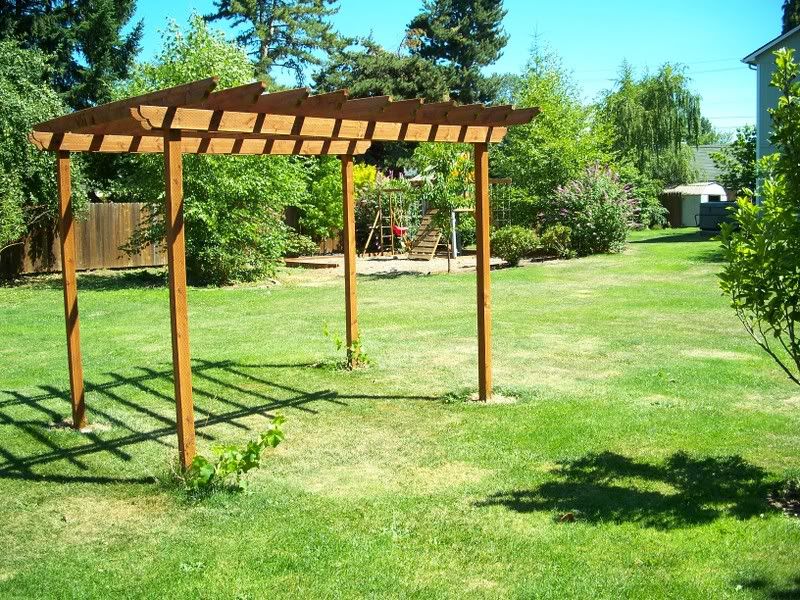I'm thinking of growing some hops at my house this year, and I know that I likely won't get much the first year, and the second year it will be better, etc. I've also grown many things in my garden, so I'm pretty good at that kind of thing. My biggest question, though, is which hops should I grow. I really only have room, from what I've read, to grow about 2 or 3 varieties, so which are the most commonly used? I figure that may be partly related to what types of beer you like, but any ideas will help.
Thanks
Thanks



